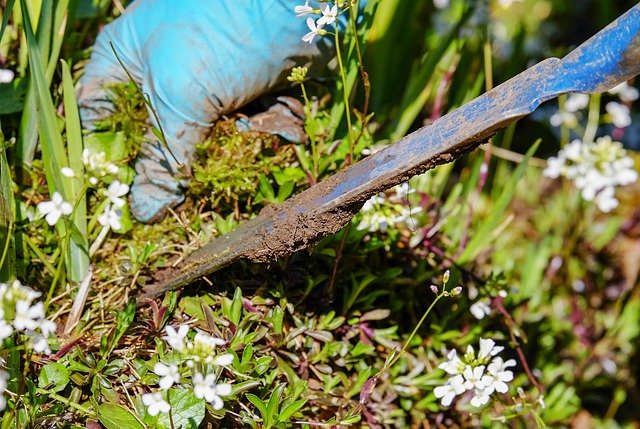Quick and Simple Weed Removal Solutions for Every Garden
Maintaining a beautiful garden can be a rewarding experience, but dealing with pesky weeds can quickly become a frustrating task. Weeds not only detract from the aesthetic appeal of your garden but also compete with your plants for essential nutrients and water. Fortunately, there are numerous quick and simple weed removal solutions that can help you keep your garden looking pristine. This article will explore various effective methods for weed control, ensuring your garden remains healthy and weed-free.

What are the most common types of weeds in gardens?
Before diving into weed removal solutions, it’s essential to understand the most common types of weeds you might encounter in your garden. Some of the most prevalent garden weeds include dandelions, crabgrass, chickweed, bindweed, and thistle. Each of these weeds has unique characteristics and growth patterns, making them challenging to control. Identifying the specific types of weeds in your garden is crucial for selecting the most effective removal method.
How can I prevent weeds from growing in my garden?
Prevention is often the best strategy when it comes to weed control. One of the most effective ways to prevent weed growth is by applying a layer of mulch to your garden beds. Mulch helps suppress weed growth by blocking sunlight and preventing weed seeds from germinating. Additionally, maintaining a healthy lawn and garden with proper watering and fertilization can help your desired plants outcompete weeds for resources. Regularly inspecting your garden and removing any weed seedlings before they establish themselves can also significantly reduce weed problems in the long run.
What are some natural weed control methods?
For gardeners who prefer eco-friendly solutions, there are several natural weed control methods available. Hand-pulling weeds is one of the most straightforward and effective techniques, especially for small areas or isolated weed patches. Ensure you remove the entire root system to prevent regrowth. Another natural method is using boiling water to kill weeds, particularly those growing in cracks or crevices. Vinegar-based solutions can also be effective, as the acetic acid in vinegar can damage weed foliage. However, be cautious when using vinegar, as it can also harm desirable plants if not applied carefully.
How effective are chemical weed killers?
Chemical weed killers, also known as herbicides, can be highly effective in controlling weeds in larger areas or for persistent weed problems. There are two main types of herbicides: selective and non-selective. Selective herbicides target specific types of weeds while leaving other plants unharmed, making them ideal for use in lawns. Non-selective herbicides, on the other hand, kill all plants they come into contact with, so they should be used with caution. When using chemical weed killers, always follow the manufacturer’s instructions carefully and consider any potential environmental impacts.
What innovative weed removal tools are available?
The world of gardening has seen numerous innovations in weed removal tools. Long-handled weed pullers allow you to remove weeds without bending or kneeling, reducing strain on your back and knees. Flame weeders use heat to destroy weed cells, making them an effective option for areas where chemical use is not desired. Electric weed whackers can quickly trim weeds in hard-to-reach areas, while some robotic lawn mowers now come equipped with weed detection and removal capabilities. These innovative tools can make weed control more efficient and less labor-intensive for gardeners.
How can I maintain a weed-free garden long-term?
Maintaining a weed-free garden requires a combination of prevention, regular maintenance, and prompt action. Implement a consistent weeding schedule, addressing any new growth before it becomes established. Use ground covers or dense plantings to minimize bare soil where weeds can easily take root. Consider using landscape fabric in areas prone to weed growth, such as vegetable gardens or flower beds. Regularly rotate crops in vegetable gardens to disrupt weed life cycles. By combining these strategies and remaining vigilant, you can significantly reduce weed problems and enjoy a thriving, weed-free garden for years to come.
In conclusion, effective weed control in gardens requires a multifaceted approach. By understanding the types of weeds you’re dealing with, implementing preventive measures, and utilizing a combination of natural and chemical methods when necessary, you can keep your garden looking its best. Remember that consistency is key in weed management, and regular maintenance will help ensure your garden remains healthy and weed-free throughout the growing season.




